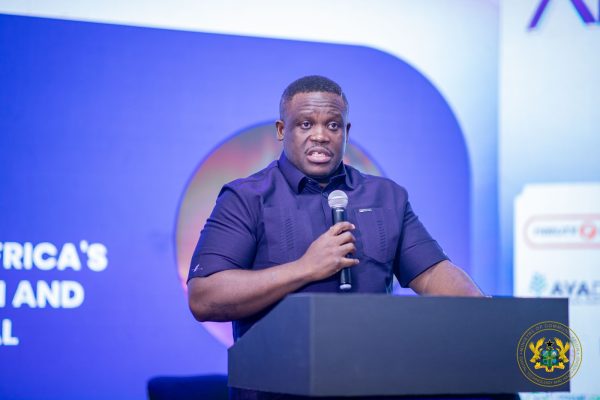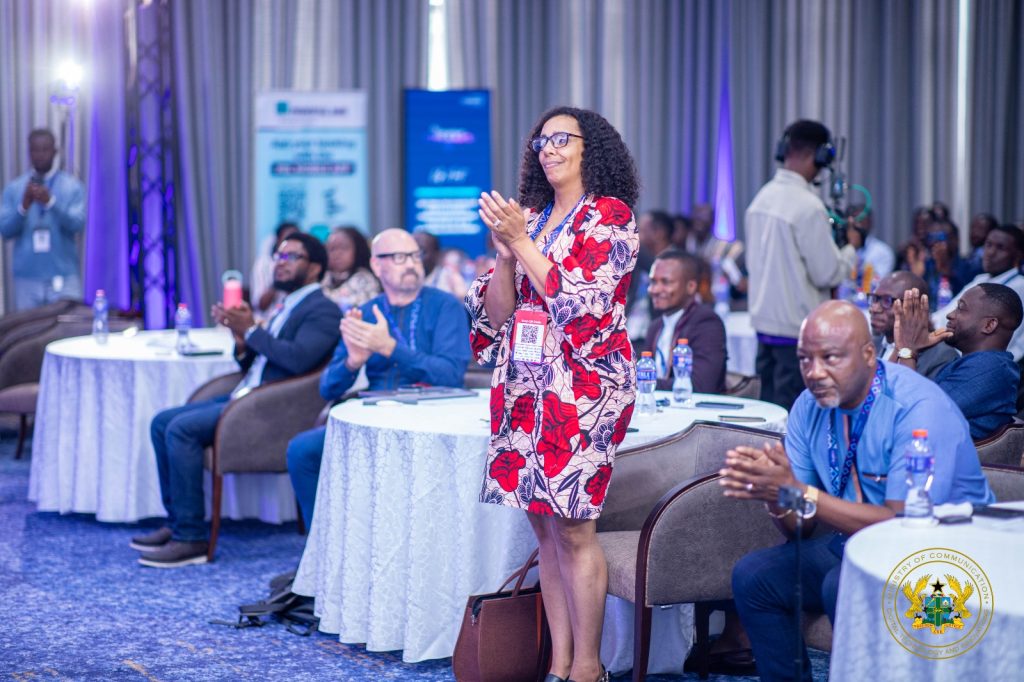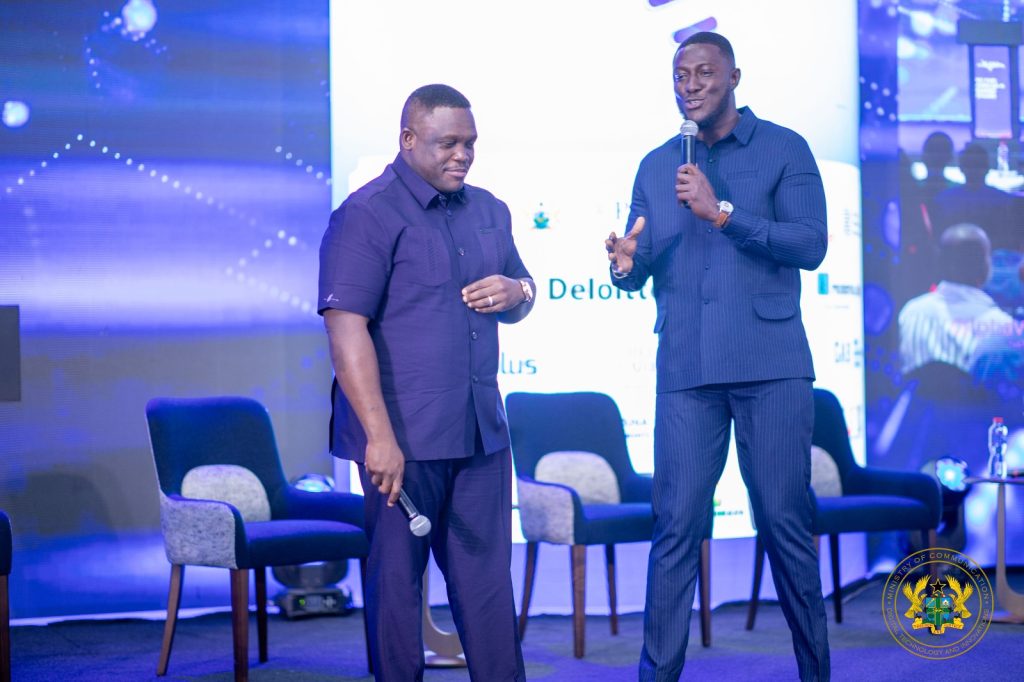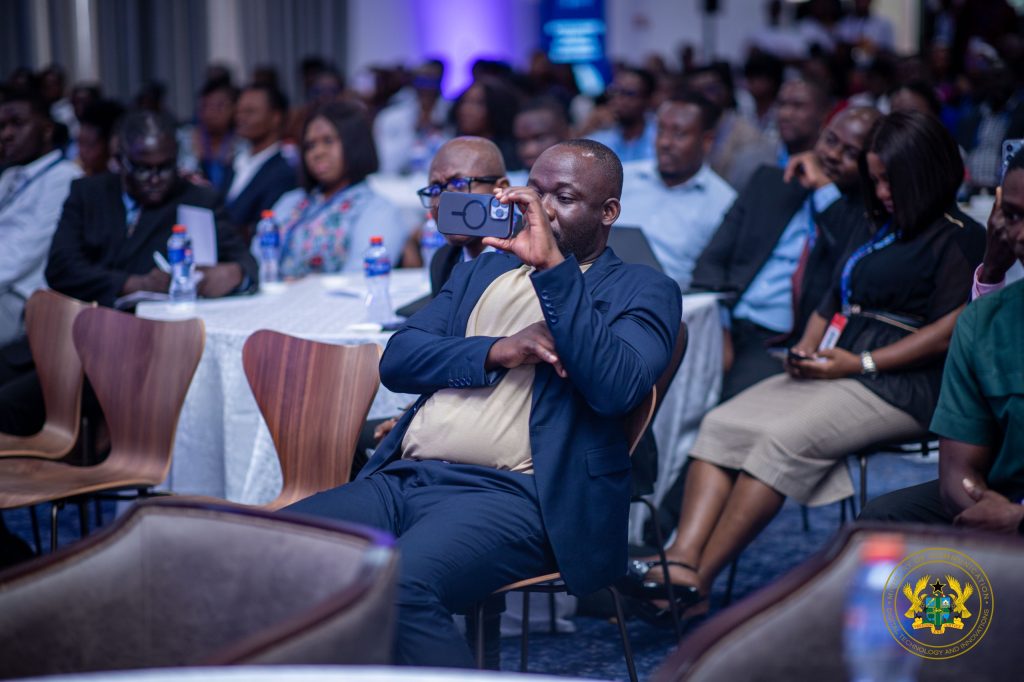
The Minister for Communication, Digital Technology and Innovations, Hon. Samuel Nartey George (MP), has underscored Africa’s critical role in shaping the global Artificial Intelligence (AI) landscape, describing the continent as the world’s next “gold mine” because of its vast data resources.
Speaking at the Pan African AI Summit held in Accra yesterday, the Minister pointed to Africa’s growing youth population as a major driver of the data economy. He noted that by 2030, one in every four people globally will be African, with the continent’s average age standing at just 23.
This youthful population, he explained, generates massive amounts of data that, if properly harnessed under strong national policies, can be transformed into a powerful global resource.
Hon. Nartey George highlighted gaps in existing international systems to illustrate the urgency of Africa controlling its own data. He cited reports that American Homeland Security systems record only 49 percent accuracy when processing data on black males, largely due to the absence of African data sets.
Outlining Ghana’s AI priorities, the Minister said the Ministry’s focus will be on three key sectors: agriculture to strengthen food security, healthcare to improve last-mile delivery, and education to bridge the digital divide.
To advance Africa’s collective agenda, he said the Ministry plans to host “Africa Tech Davos” in Accra by mid-next year.
According to him, the event will bring together ICT Ministers from across the continent, global technology leaders such as Google, Microsoft, Nvidia, and Oracle, alongside African innovators to chart a unified strategy for Africa’s digital future.
The Minister also pointed to language as one of the continent’s most pressing technical challenges in AI adoption. “Many agri-tech tools that use drone or satellite imagery for precision farming, he explained, are inaccessible to local farmers in areas such as Bono or Damongo because they operate only in English”.
To address this, he said the academia has been tasked with developing large language models (LLMs) for local languages. Progress has been made in Twi, Ga, and Nzema, with ongoing work in Ewe and Dagbani, adding, that at the continental level, efforts are underway to build models for Hausa, Yoruba, Creole, and Swahili.
Hon. Nartey George emphasized the need for data-driven governance, warning against reliance on sentiment in policy-making. He described AI as a “critical tool” to handle repetitive tasks and free human capacity for higher-level thinking, while stressing that AI must never replace human reasoning or “grey matter.”


